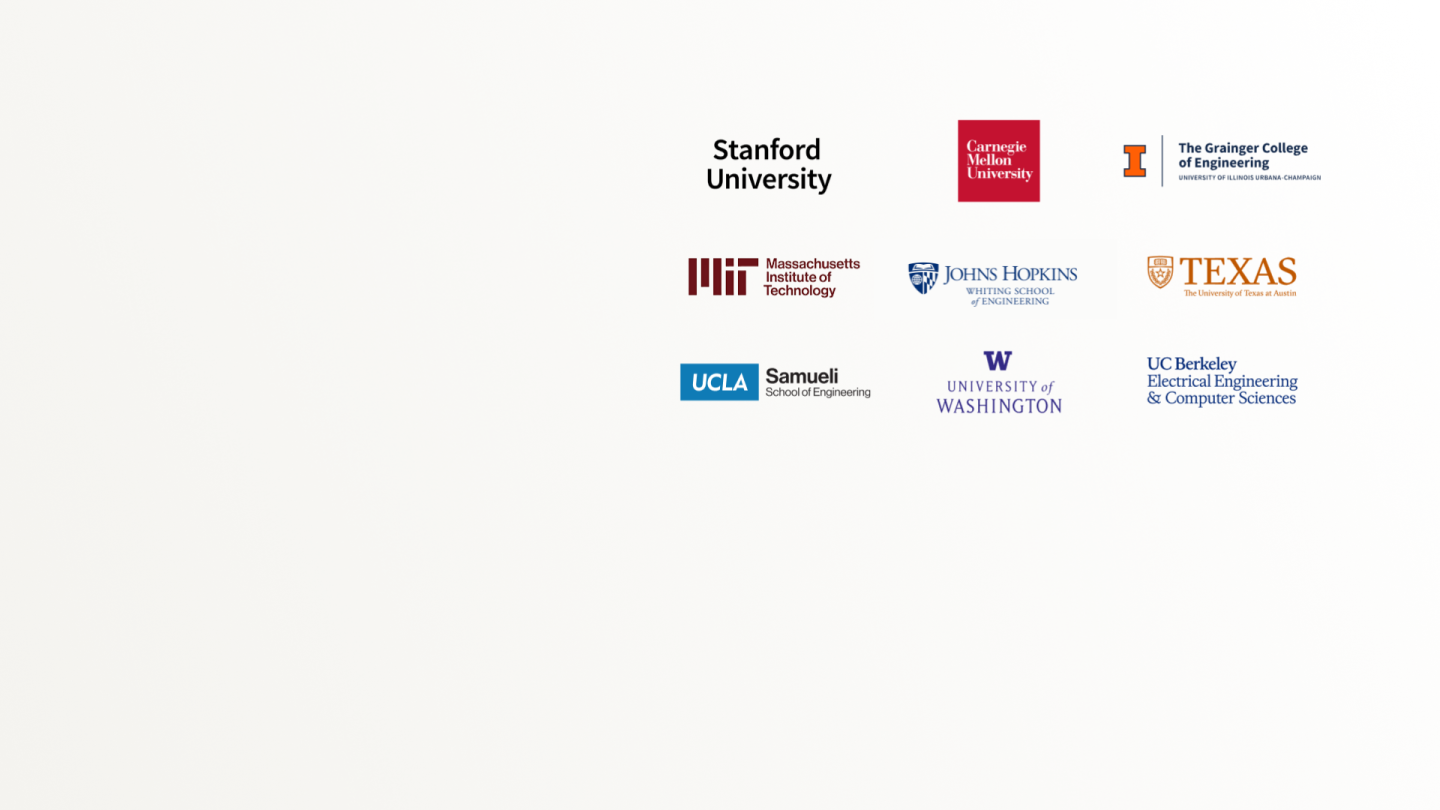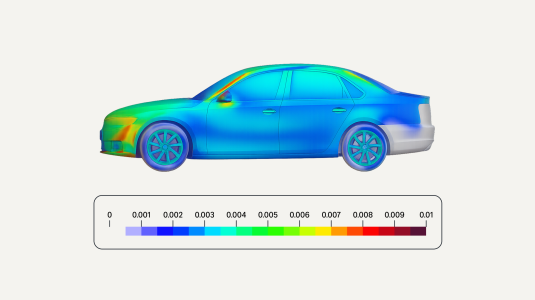Customer-obsessed science


Research areas
-
September 26, 2025To transform scientific domains, foundation models will require physical-constraint satisfaction, uncertainty quantification, and specialized forecasting techniques that overcome data scarcity while maintaining scientific rigor.
-
Featured news
-
Large Language Models (LLMs) are increasingly deployed in interactive systems where understanding user intent precisely is paramount. A key capability for such systems is effective question clarification, especially when user queries are ambiguous or underspecified. This paper introduces a novel tri-agent framework for the robust evaluation of an LLM’s ability to engage in clarifying dialogue. Our framework
-
AutoML 20252025Ensembling is a powerful technique for improving the accuracy of machine learning models, with methods like stacking achieving strong results in tabular tasks. In time series forecasting, however, ensemble methods remain underutilized, with simple linear combinations still considered state-of-the-art. In this paper, we systematically explore ensembling strategies for time series forecasting. We evaluate
-
2025We present GaRAGe, a large RAG benchmark with human-curated long-form answers and annotations of each grounding passage, allowing a fine-grained evaluation of whether LLMs can identify relevant grounding when generating RAG answers. Our benchmark contains 2366 questions of diverse complexity, dynamism, and topics, and includes over 35K annotated passages retrieved from both private document sets and the
-
2025Open-vocabulary (OV) 3D object detection is an emerging field, yet its exploration through image-based methods remains limited compared to 3D point cloud-based methods. We introduce OpenM3D, a novel open-vocabulary multi-view indoor 3D object detector trained without human annotations. In particular, OpenM3D is a single-stage detector adapting the 2D-induced voxel features from the ImGeoNet model. To support
-
Neural networks have lead to improvements in demand forecast accuracy for supply chain and retailers. These neural networks have been designed and trained on data representing their particular use cases. We investigate the zero-shot performance of those deep learning models on retail dataset outside of their original use case. As such, we focus on the hypothesis that this zero-shot performance of deep learning
Conferences
Collaborations
View allWhether you're a faculty member or student, there are number of ways you can engage with Amazon.
View all














































